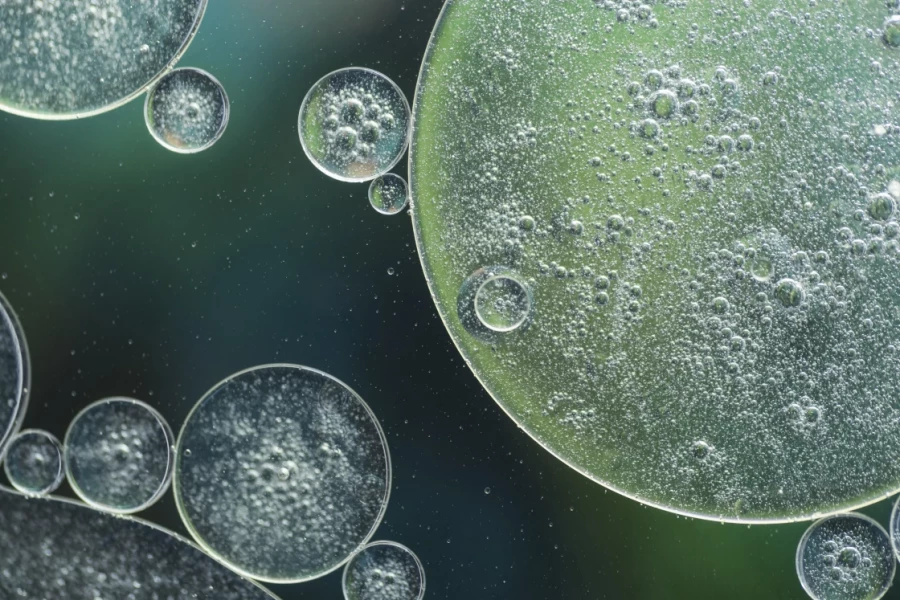Production of paper with bactericidal and improved surface properties
In the context of the coronavirus pandemic, not only the demand for various disinfectants has increased, but also the interest in obtaining new antibacterial and antiviral materials, especially paper packaging for food and agricultural products. Changing the properties of paper and cardboard, including giving them antibacterial properties, is possible with the help of special fillers, among which zeolites containing biologically active metals (silver, copper, zinc, etc.) are recognized as very promising.
The essence of the project supported by the Shota Rustaveli National Science Foundation of Georgia is the production of paper with bactericidal and improved surface properties using zeolite fillers containing bioactive silver, copper and zinc ions. For the preparation of bactericidal fillers, natural zeolites of Georgia have been used, in particular, heulandite-clinoptilolite of the Dzegvi-Tedzami deposit.
We offer simple and cheap technology to produce bactericidal wrapping paper with improved surface properties.
The technology is based on introduction of zeolite material enriched with biologically active metals (silver, copper, zinc) into the paper web.
It is believed that only silver has high bacteriostatic activity, but its use increases the cost of the product, so this technology is not widely used, therefore we suggest to use cheaper metals, copper and zinc.
We have found that the introduction of these bactericidal metals prevents the formation of mold, as well as the growth of fungi and other microbial contaminants on the surface of paper and cardboard, in addition, the introduction of copper-containing compositions makes the paper waterproof; on the other hand, the use of such paper/cardboard meets modern environmental requirements to reduce the share of synthetic polymers in the assortment of packaging materials and to return to “paper bags” and “cardboard boxes”.
The most important expected result of the project was the preparation of packaging paper with bactericidal properties, not only in laboratory conditions but also in production. Paper with activity against E. coli, as well as waterproof paper active against staphylococcus, have been produced on the production line of the paper mill of the Limited Liability Company, “Georgia Paper Production Ltd” (126, Beri G.Salosi str., Tbilisi, Georgia, identification code: 206165424, director Ramaz Gvalia), both technologies will be used by the company in the future. It should be noted that the raw material for producing paper is secondary raw materials - waste paper. Our team of scientists, together with the paper manufacturing factory, is successfully working on this project.
The chemical and mechanical properties of the obtained paper samples were studied. Chemical composition of paper samples was determined using the X-ray energy-dispersive spectra. The basis weight (grammage) of the paper was determined on electronic analytical balance; the tensile strength and stretch of the paper strips (25 mm x 150 mm) was measured using Universal Testing Machine in machine and in cross directions. The surface topology of paper was analyzed using optical microscope; to obtain representative images, imaging was carried out at five different places of the material (homogeneity test). Characterization of sample morphology was based on the scanning electron microscope images.
Evaluation of the bactericidal activity of metal-zeolite-containing paper was carried out by the disk diffusion (Kirby-Bauer) method and colony-forming unit (CFU) assay using the cultures of gram-negative bacterium Escherichia coli, gram-positive bacteria Staphylococcus aureus and Bacillus subtilis, fungal pathogenic yeast Candida albicans and a fungus Aspergilus niger (or A. brasiliensi).
Working on a project is a group of scientists from the Petre Melikishvili Institute of Physical and Organic Chemistry, I. Javakhishvili Tbilisi State University, under the leadership of the Member of Georgian National Academy of Sciences Vladimer Tsitsishvili. The team includes Prof. N. Dolaberidze, PhD N. Mirdzveli, PhD M. Nijaradze, PhD Z. Amiridze, PhD B. Khutsishvili, G. Khutsishvili, O. Chudakova.
In 2020-2021, with the support of the International Bank of Reconstruction and Development (IBRD), the team worked on the project of the CARYS 19-442 “Bactericidal zeolite fillers for paper production ”Successful implementation of the project may become a factor in reviving the paper industry in Georgia and creating new jobs.
This work was supported by Shota Rustaveli National Science Foundation of Georgia (SRNSFG) [grant number AR-22-610, Project Title “Production of paper with bactericidal and improved surface properties”]
